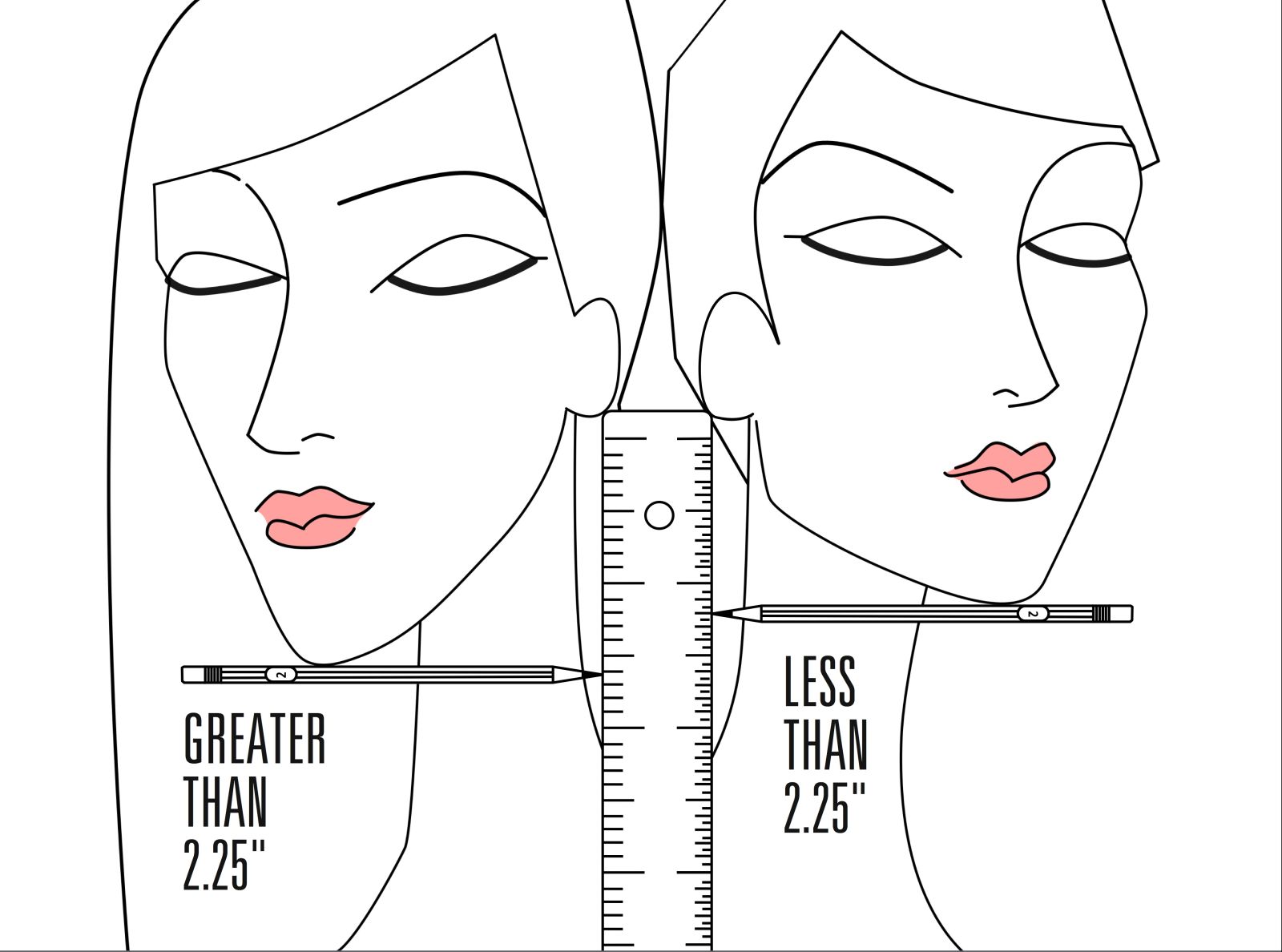Choosing personal hygiene products such as tampons and pads is an important aspect of menstrual care. Every woman is faced with the need to choose the right products that will ensure comfort and safety. In this article, we will discuss the main types of tampons and pads, their proper selection, and health and safety issues.
1. Types of female tampons and pads
There are many options for feminine hygiene products on the market today, and it is important to choose the ones that fit your needs.
Tampons for heavy discharge
For women with heavy menstruation it is recommended to use super tampons for heavy discharge. They have high absorbencyThis allows them to be used for long periods of time without risk of leaks. Tampons are super for long term use provide additional protection, and the best super tampons for menstruation. will help you avoid unpleasant situations during the day.
Daily pads
Daily pads are designed for light discharge or to provide extra protection between periods. They are thin and comfortable and can be used daily. Especially popular are cotton pads for sensitive skin, which provide comfort and do not cause irritation.
Pads with wings
For extra protection during menstruation, many women prefer pads with wings. They lock better to the underwear and prevent leaks around the edges. These pads are comfortable to use, providing extra reassurance and protection.
2. How to choose the right hygiene products
The right choice of tampons and pads depends on several factors such as skin type, intensity of discharge and the materials used to make the products.
Size and absorbency
One of the main selection factors is absorbency. For heavy discharge, choose super tampons or pads with increased absorbency. If the discharge is light, regular pads or medium-sized tampons are sufficient. Do not forget to take into account your personal preferences and feelings of comfort.
Materials of pads and tampons
For women with sensitive skin, it is important to choose cotton pads for sensitive skin. Such pads provide softness and do not cause allergic reactions. Also popular are organic materials from which soft tampons and pads are made. They do not contain chemical additives and are safe for health.
Hypoallergenic products
Hypoallergenic cotton pads are recommended for women with allergies or sensitive skin. They prevent irritations and provide comfort throughout the day.
3. Health and safety of use
When choosing hygiene products, it is not only comfort that matters, but also health. Improper use of tampons can lead to serious problems such as toxic shock syndrome.
Risk of toxic shock syndrome
Toxic shock syndrome is a rare but dangerous condition that can occur with prolonged use of tampons. To avoid it, it is important to follow a few rules. First, frequent replacement of tampons - at least every 4-6 hours. Secondly, use tampons as intended, do not leave them overnight. How to avoid toxic shock syndrome when using tampons? Be sure to follow hygienic recommendations and make sure that tampons are not left inside for too long.
Changing pads and tampons
Whether you use tampons or pads, you need to change them in a timely manner. Hygienic recommendations suggest that pads should be changed every 4-6 hours to prevent bacterial growth and odors.
Hygienic recommendations
Following simple hygiene rules can help you stay healthy and avoid unpleasant consequences. Always wash your hands before and after changing tampons or pads, choose hygiene products that suit your skin type and make sure you change them on time.
Choosing appropriate hygiene products such as super tampons or cotton pads for sensitive skinA menstrual period can significantly improve comfort and safety during menstruation. Observe hygienic recommendationsto avoid problems such as toxic shock syndromeand choose quality materials for maximum protection. Your health and comfort are the most important things to consider when choosing tampons and pads.
In the manufacture of tampons and pads, there are little secrets: special toxic and dangerous bleaches are used, which may indeed be contained in feminine intimate hygiene products. Recently, however, special bleaching technologies have been used in the production of feminine tampons and pads that may leave only trace amounts of dioxin.







If the previously produced tampons didn't cause toxin poisoning, why buy a super purified version for more money. It looks more like a marketing move than an improvement in the quality of the product.
The article is quite informative! But I have a problem because I am a single father and I have a growing daughter who will soon reach puberty. How do I explain to her how to choose the right pads?
Among the many produced pads, I have long since chosen for myself those that suit me best both in price and practicality. But if I come across something new, I try it and use it. I think that the same fate will befall organic cotton pads, and why not? If they are comfortable, I am ready to use them, because it's about my own health.
I chose for myself pads and tampons from a domestic manufacturer. I hope that the quality of our products is also monitored. At least I have no complaints.
Even if the pads contain traces of dioxin or asbestos, it is doubtful that they can cause harm - the amount is negligible, and absorption from the pad into the skin and mucous membranes is unlikely. And I will not pay extra money for organic cotton pads - I am comfortable with ordinary ones.